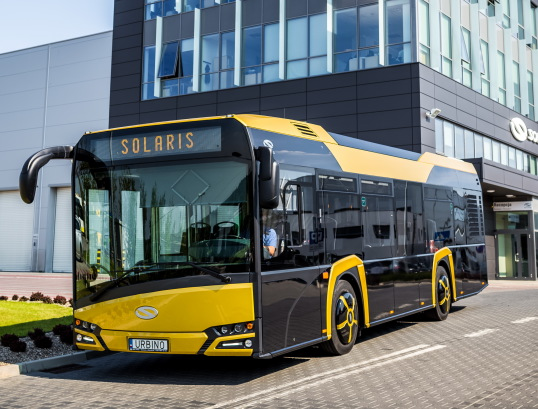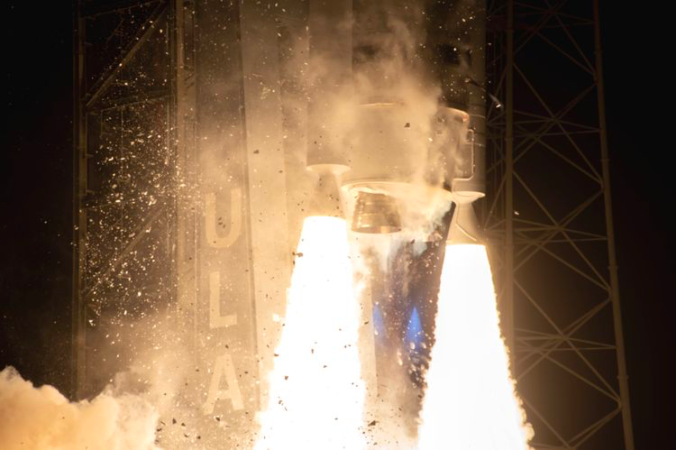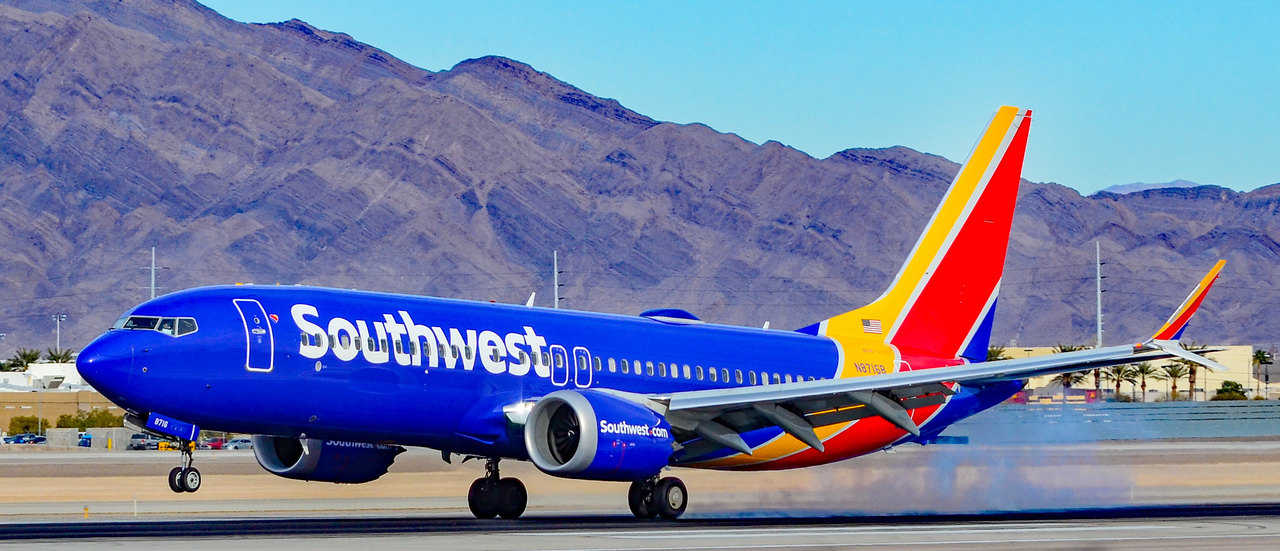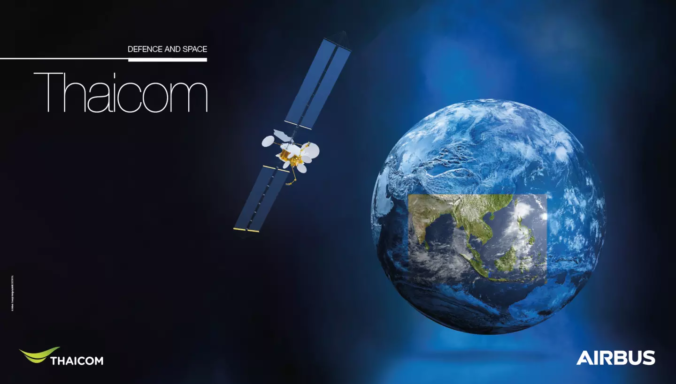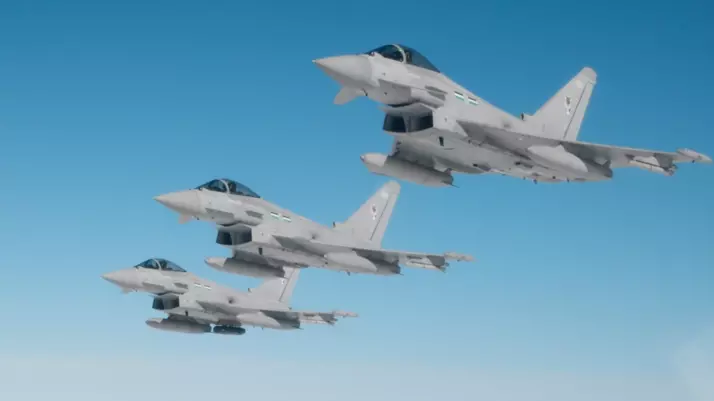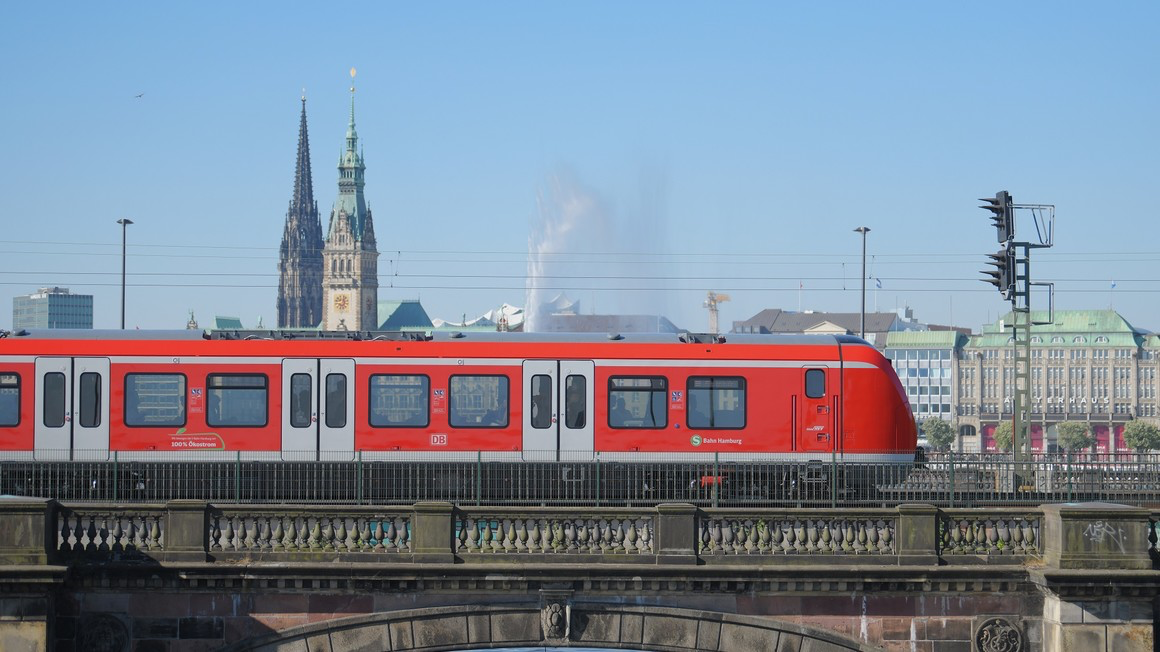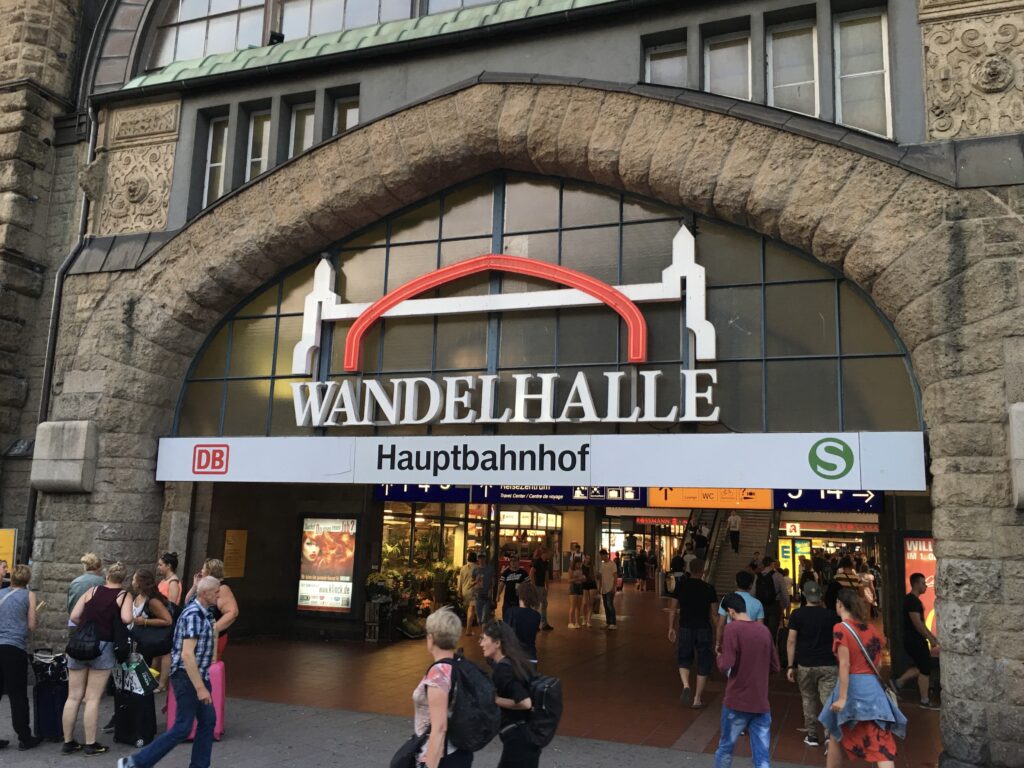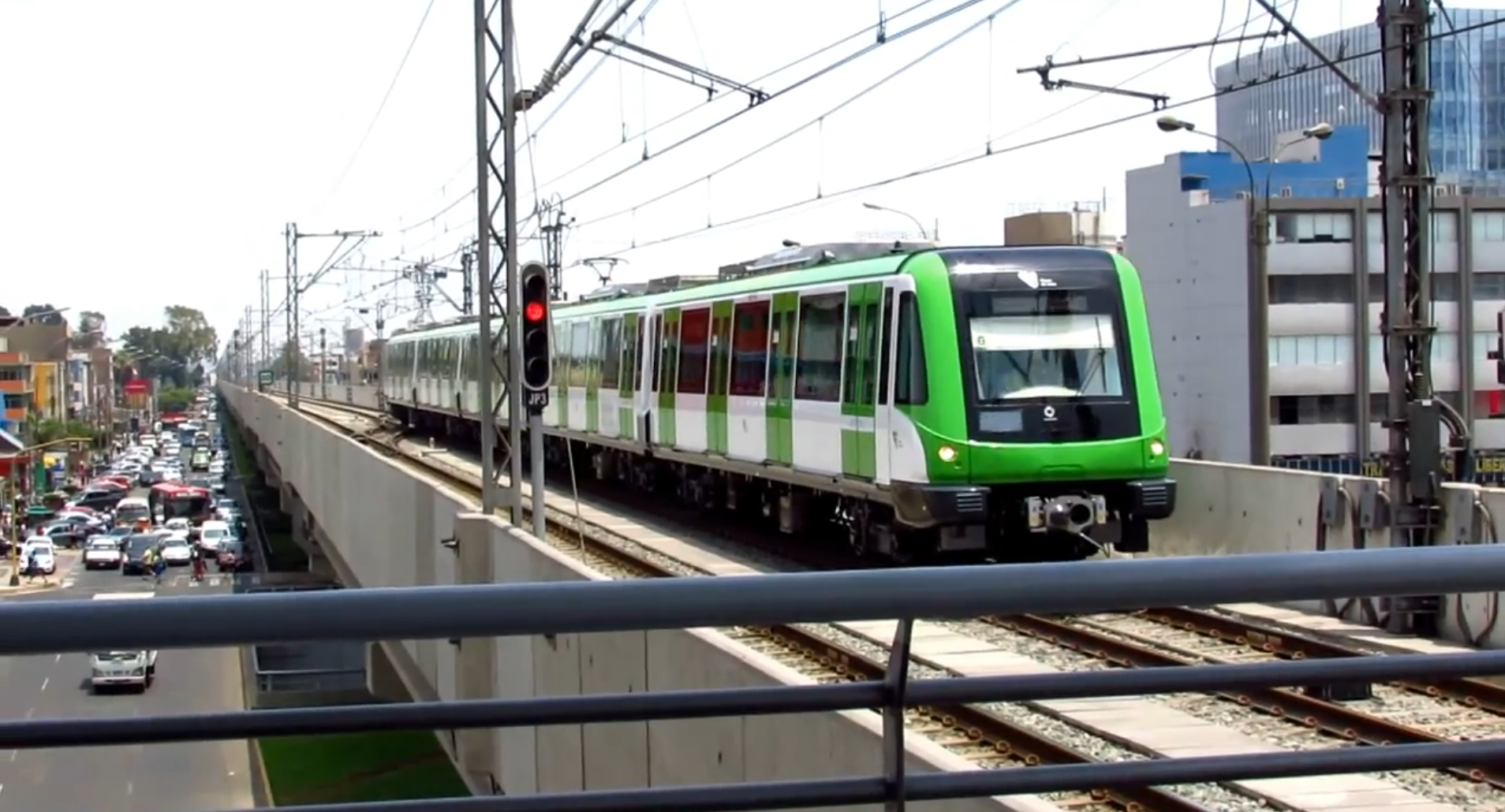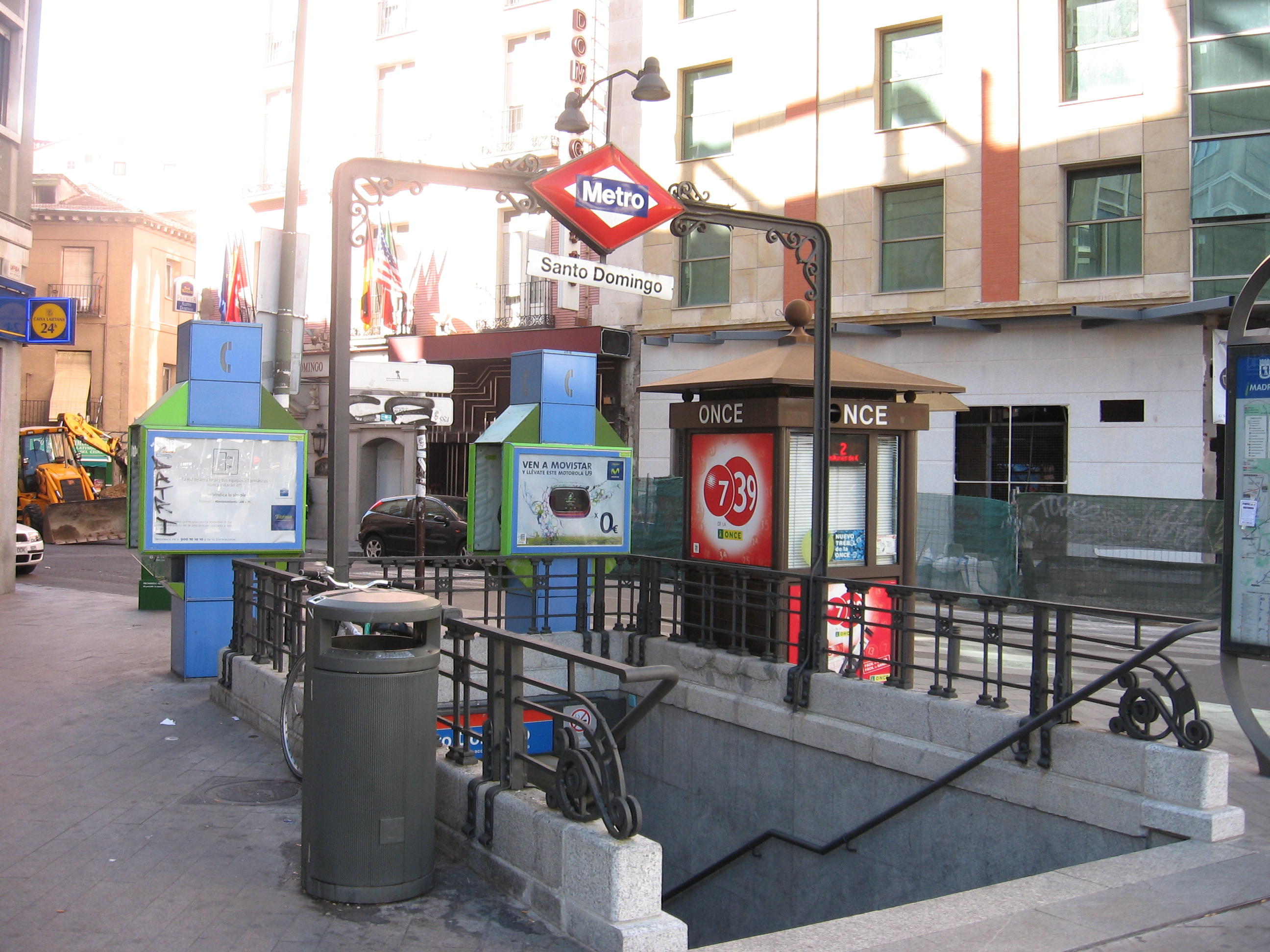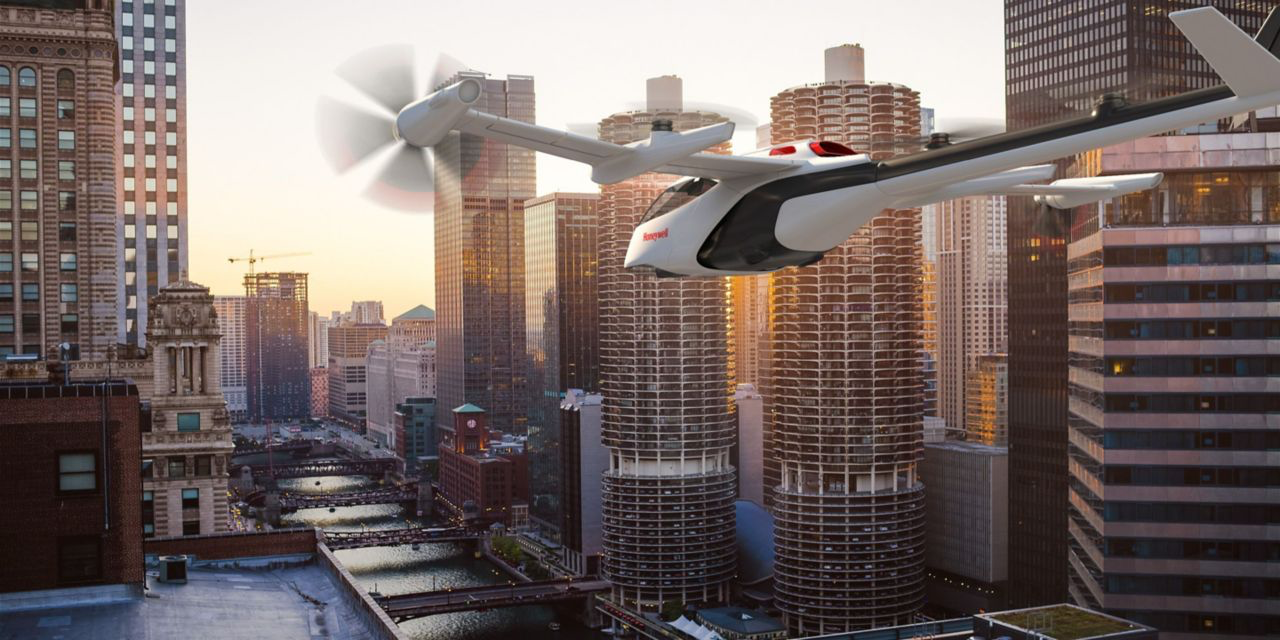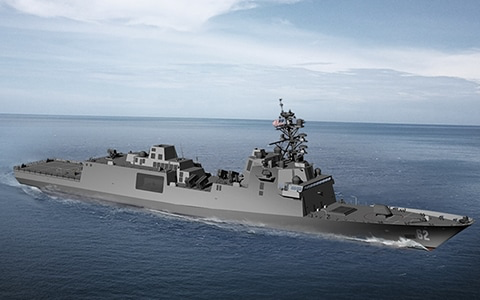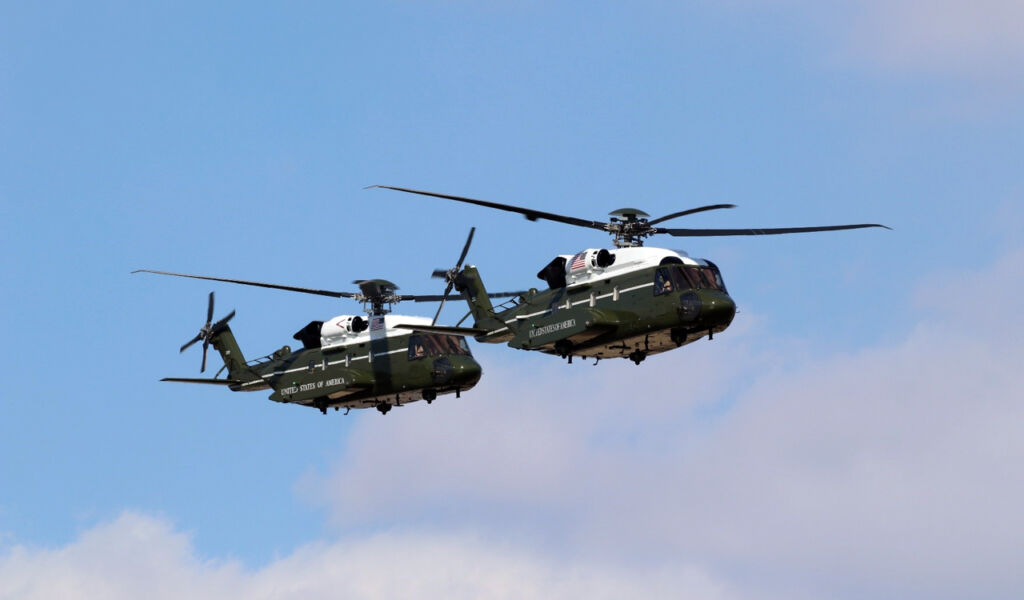The CAF Group company has consolidated its leading position in the thriving hydrogen city bus market with two new contracts for the supply of 57 vehicles for a combined value of over 40 million Euros for Barcelona, Spain and Essen, Germany. Solaris’ experience in rolling out hydrogen technology has seen 40 operators in 10 European countries already place their trust in the company, having won orders for in excess of 700 vehicles.
Supported by the ongoing development of the hydrogen vehicle market and the increasing orders for hydrogen fuel cell-powered buses, Solaris has intensified its business activity in this segment over the recent months. In fact, in connection with this technology, last year Solaris made a major investment constructing a new building exclusively to manufacture hydrogen-powered buses.
Solaris’ substantial backlog, which includes supplies to various operators in Austria, Switzerland, Germany, Spain, France, Italy, the Netherlands, Poland, Sweden and Slovakia, illustrates the current relevance of this market. While 99 hydrogen buses were registered in Europe in 2022, pending official data for 2023, at the end of the third quarter of the year a total of 137 new bus registrations had already been made in Europe, representing a 38% increase compared to the 12 months in the previous year. If we add the data for the last 3 months of 2023, the figures would undoubtedly reveal how strongly this sector has grown and how much Solaris has contributed to this situation. Just a few years ago, specifically in 2018, not one single hydrogen bus was registered in Europe.
